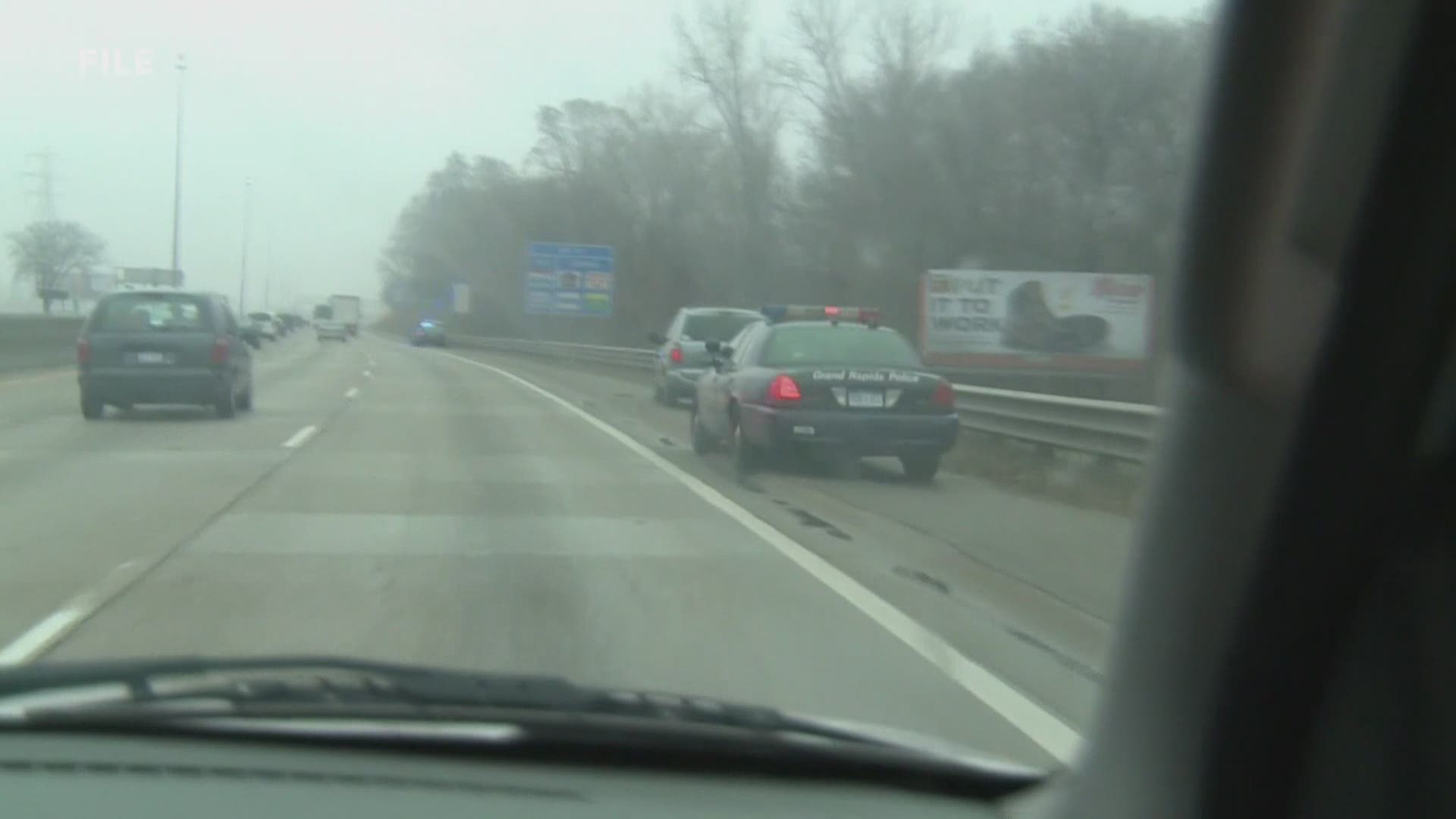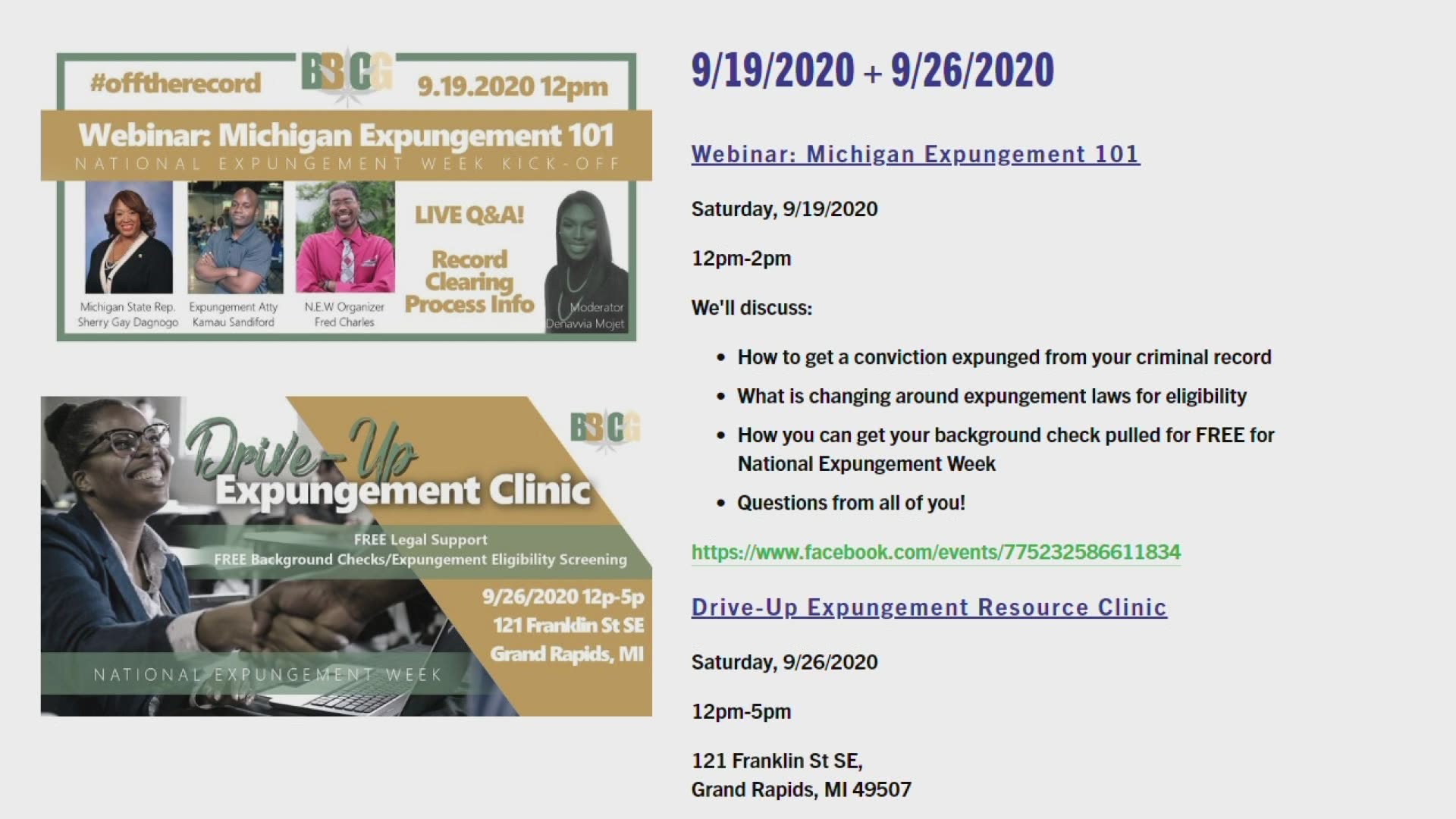MICHIGAN, USA — In October, Gov. Gretchen Whitmer signed "Clean Slate" Legislation that would make it easier for some Michiganders to get more prior convictions removed from their public record.
Now, Michigan Lawmakers believe that first time offenders who have been charged with drinking under the influence deserve that same opportunity.
Sarissa Montague, associate defense attorney at Levine and Levine, told 13 ON YOUR SIDE that if this law passes it would be the first time of its kind for any conviction under the vehicle code.
"Up until now, any DUI conviction or any conviction under the vehicle code instead of the criminal code has never been expungable," Montague said. "If this happens, it makes people eligible to have convictions set aside who have had them for years, if there only conviction was one drunk driving charge."
The bill covers only first time DUI offenses, giving Michiganders who have proven to be contributing members of the society an avenue back to the life they had "legally" before their charge.
Michigan State Police recorded over 9,000 alcohol-related crashes which resulted in around 250 fatalities back in 2019. That is thousands of people now with a conviction on their record that can impact where they can work and live.
When charged, drivers usually get their licenses suspended or revoked. If they crashed, they have to deal with lost property and all DUI violations show up on their license, which affects auto insurance rates.
Drunk drivers also have to take a class or spend time in jail depending on the charge. That comes with court costs on top of the ticket fines that can range from $500-$1,000 in Michigan.
The Michigan office of Highway Safety said on average, a DUI may cost an individual $10,000. Then you would also get a permanent record. Montague says that it's time to at least change the latter.
"There are still consequences, you still have the criminal conviction on your record for a period of time and you have to prove your worthiness in order to get that conviction set aside. And so what it is intended for are for people who make a mistake. One mistake. And there are many, many, many people in this world who make one mistake. The point is to encourage people who have made a mistake to do better. And having an incentive to do better," Montague said.
The bill emphasizes that the new expungement law would only cover first time offenses because lawmakers want Michiganders to know that drinking and driving is still a very serious crime.
A DUI starts as a misdemeanor, but crashes that end in fatalities (like the 295 deaths that occurred last year) are felonies in Michigan.
The new law says that First Time DUIs would become an expungable offense but expungement all together is its own process.
Brandon Lofton does expungement work with Black and Brown Cannabis Guild and he explained to us how expungement transforms the lives of the previously convicted.
"First and foremost, it will level the playing field. It will allow people who have been through certain circumstances in their lives, to be able to rehabilitate themselves to be able to go out in the community, to be able to network, and to be able to have the confidence to show their skills." Lofton said.
Expungement only takes the conviction out of the public record so that background checks cannot access them. There is still a non-public record and for this offense, The Secretary of State will have previous vehicle violations on file.
Again, if someone has more than one DUI on file, they will not be able to apply for expungement to cover the crime.
"It's not just that every person who has ever been convicted of drunk driving now isn't going to have that on the record — that is absolutely not what's going to happen," Montague said. "Everybody wants people to be, you know, contributing members of society. And by giving people an opportunity to have a conviction set aside, based upon good behavior. Everybody wins."
If the bill is signed, the law would go into effect in April 2021.
Related video:
►Make it easy to keep up to date with more stories like this. Download the 13 ON YOUR SIDE app now.
Have a news tip? Email news@13onyourside.com, visit our Facebook page or Twitter. Subscribe to our YouTube channel.


